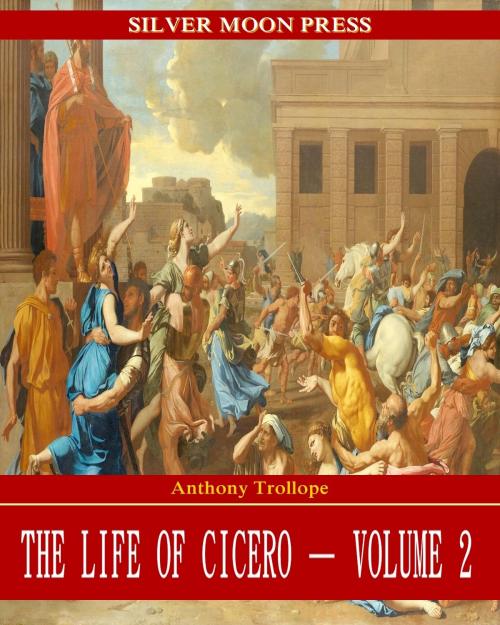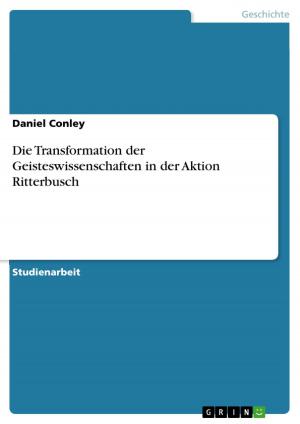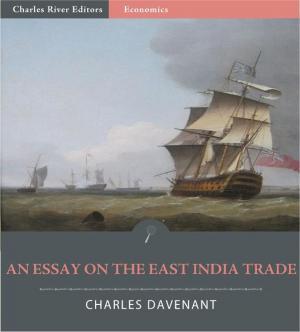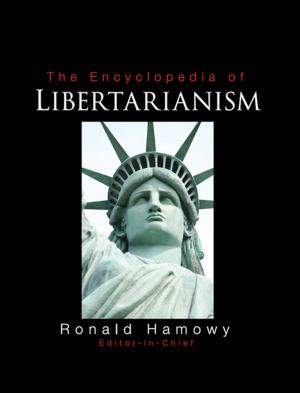| Author: | Anthony Trollope | ISBN: | 1230002992150 |
| Publisher: | SILVER MOON PRESS | Publication: | December 14, 2018 |
| Imprint: | Language: | English |
| Author: | Anthony Trollope |
| ISBN: | 1230002992150 |
| Publisher: | SILVER MOON PRESS |
| Publication: | December 14, 2018 |
| Imprint: | |
| Language: | English |
Original and unabridged content. Made aivaiable by SILVER MOON PRESS.
Marcus Tullius Cicero (106-43BC) was an orator, statesman, philosopher and prolific correspondent, who rose as a ‘new man’ in Rome in the turbulent last years of its republican government. Anthony Trollope, best known as a novelist, admired Cicero greatly and wrote this biography late in life in order to argue his virtues against authors who had granted him literary greatness but questioned his strength as a politician and as a man. He takes a personal approach, affording us an insight into his own mind and times as well as those of his subject.
Volume I covers the period (up to the year 57BC) of Cicero’s education, his rise through the courts and offices of state to the Consulship, and his exile.
Please note that footnotes – predominantly bibliographical citations and Latin quotations – are omitted unless explicitly referred to in the main text; the appendices, which consist mainly of more substantial extracts from other works, are likewise omitted.
Original and unabridged content. Made aivaiable by SILVER MOON PRESS.
Marcus Tullius Cicero (106-43BC) was an orator, statesman, philosopher and prolific correspondent, who rose as a ‘new man’ in Rome in the turbulent last years of its republican government. Anthony Trollope, best known as a novelist, admired Cicero greatly and wrote this biography late in life in order to argue his virtues against authors who had granted him literary greatness but questioned his strength as a politician and as a man. He takes a personal approach, affording us an insight into his own mind and times as well as those of his subject.
Volume I covers the period (up to the year 57BC) of Cicero’s education, his rise through the courts and offices of state to the Consulship, and his exile.
Please note that footnotes – predominantly bibliographical citations and Latin quotations – are omitted unless explicitly referred to in the main text; the appendices, which consist mainly of more substantial extracts from other works, are likewise omitted.















